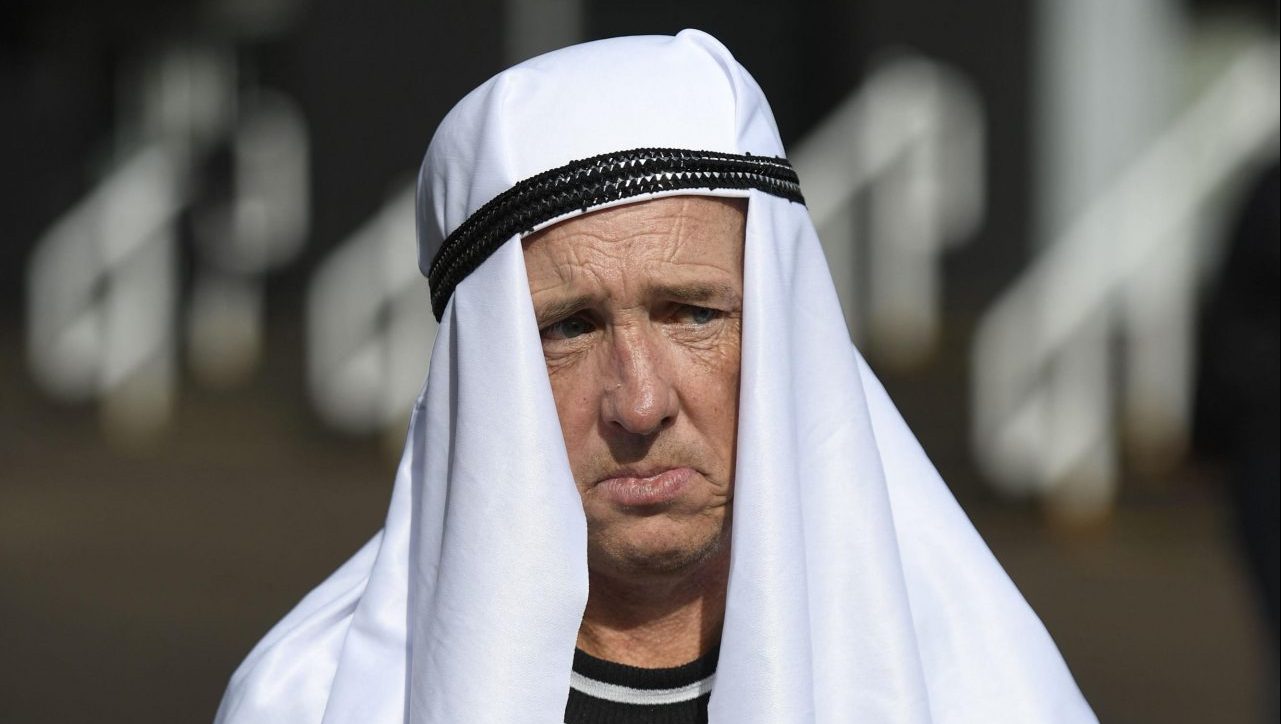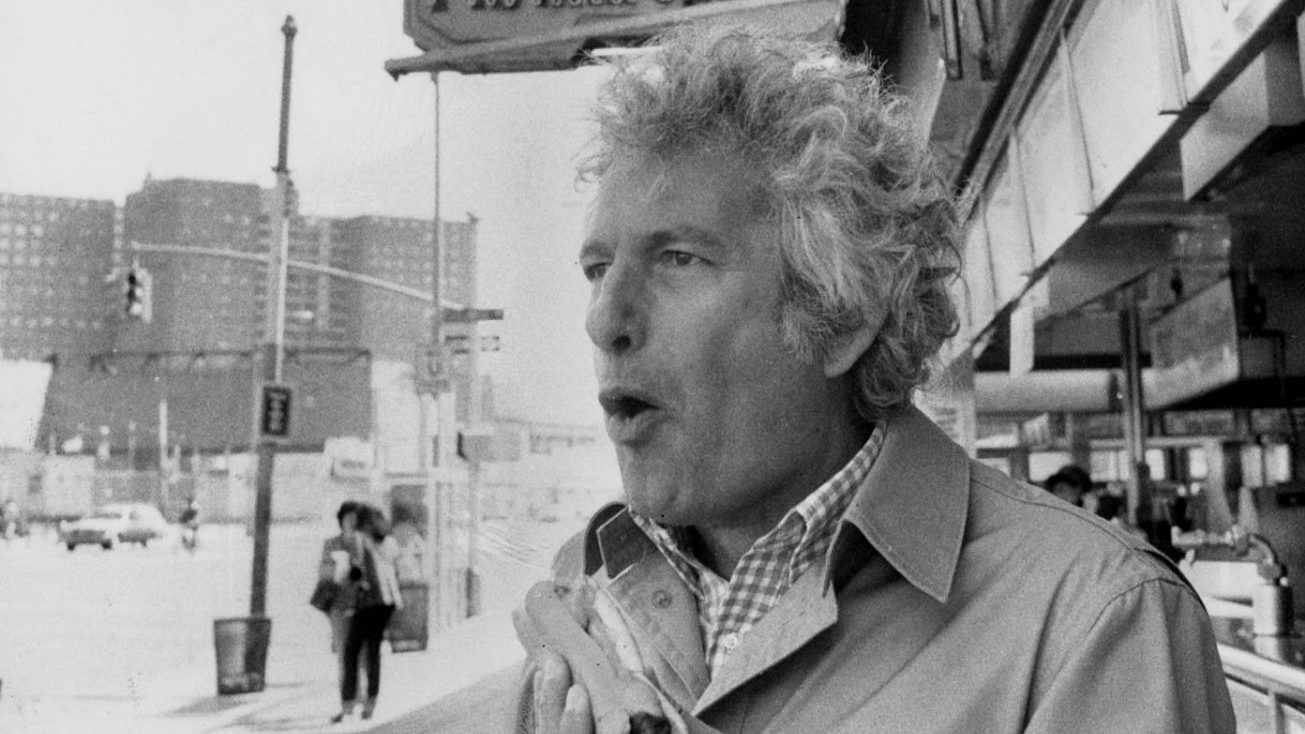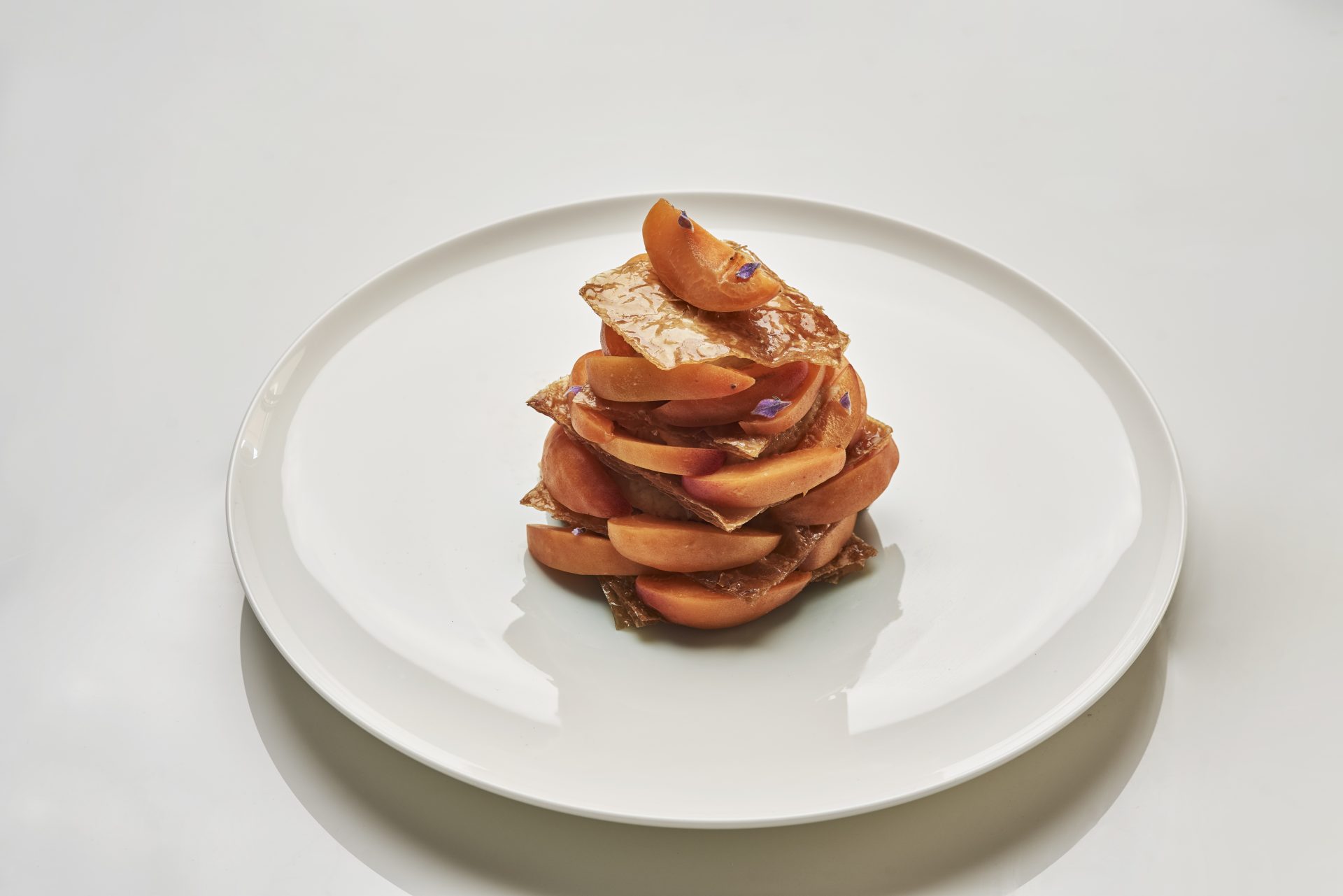Is there still a conscience, or just a lust for cash from whatever source, in England’s Premier League?
Amanda Staveley, the Englishwoman who spent four years brokering the purchase of Newcastle United by Saudi Arabia, claims to have no idea what the fuss is all about. Newcastle had been miserably served by English owners for decades; the club was allowed to rot like an old coal mine while others flourished via foreign patronage.
Why, Staveley might ask, is it wrong to allow the ‘Toon’ a financial edge to compete against Manchester City or Paris St Germain, clubs that are to all intents and purposes stateowned playthings of Abu Dhabi and Qatar? What is so right about Roman Abramovich divesting Siberian rubles into Chelsea?
Like it or not, where there is wealth, and where football is seen as a vehicle of prestige, this distorting habit of throwing billions at the beautiful game has flourished.
The difference in Newcastle’s case concerns the widespread belief that the House of Saud ordered or approved the murder and butchery of dissident writer Jamal Khashoggi. And that human rights abuses are more heinous in the Saudi kingdom than anywhere else.
Football is played in over 200 countries, states or territories, the vast majority of which have players in England. All but four Premier League clubs have foreign paymasters (even Bristol Rovers and Sutton United, ranked 84th and 75th in the English football pyramid have investors from Jordan and from Saudi Arabia). And the British government is happy to sell warplanes and missiles to the Gulf, as well as to condone selling off London property and businesses to the Saudis, the Qataris, the Kuwaitis.
Ms Staveley, born and bred in north Yorkshire and married to an Iranian financier, insists that the £300-billion Public Investment Fund of Saudi Arabia that put up the bulk of the £305m to buy Newcastle is NOT the Saudi government. If it was, she asks, and if the Saudi regime was as misogynist as critics say, why would a woman be trusted to lead the negotiations? And why let her pledge so many millions more into overhauling everything from playing staff to the outmoded training fields and academy?
The previous owner, First Direct sports equipment retailer Mike Ashley, alienated the ‘Geordie Nation’ who in the most northerly outpost of England have only one team to support in their 260,000-population region. United is under their fingernails where coal dust used to be.
Ashley, from the south of England, never fully grasped this, even rebranding their St James’ Park stadium the Sports Direct Arena. He neither spoke with their dialect, nor knew what was in their hearts.
Will the Saudis? In this regard, give them the benefit of the doubt. Afford them the same opportunity that Man City fans learned to do with their owners, or that Chelsea do with Abramovich, that Evertonians do as they wait for Farhad Moshiri to deliver, as Parisians do with their Qatari prince.
The rulers of the Persian Gulf once competed among themselves through falconry, camels or stallions. Now their game is football, in other peoples’ lands. From Neymar to Messi, from Sergio Aguero to Kevin De Bruyne, they pay what it takes to put that talent on their fields, to entertain and to bring home prizes that fans of these teams never dared hope to see in their lifetime.
It is of course far removed from the Newcastle United began on Tyneside almost 150 years ago. Its purpose to the sheikhs is probably as far removed from the founders of European clubs ever envisaged.
The club that perhaps most closely equates to Newcastle is Germany’s Schalke 04. Also from a former coal community, Die Knappen (The Miners) also struggled to compete as it once did when the strength of clubs was synonymous with the number of people who would pay at the turnstiles to roar on their lads after coming up from the coal face.
Schalke have long been the recipients of sponsorship from the Russian energy giant Gazprom, brokered by former German chancellor Gerhard Schröder shortly after Angela Merkel replaced him as chancellor.
For Staveley’s friends in Saudi Arabia, read Schröder’s friends in the Kremlin and in St Petersburg. Take the money, don’t question the motive. And change the fortunes, for a time anyway, of big clubs left behind in the great gold rush that uses football to whitewash – or sportswash – old failings.




